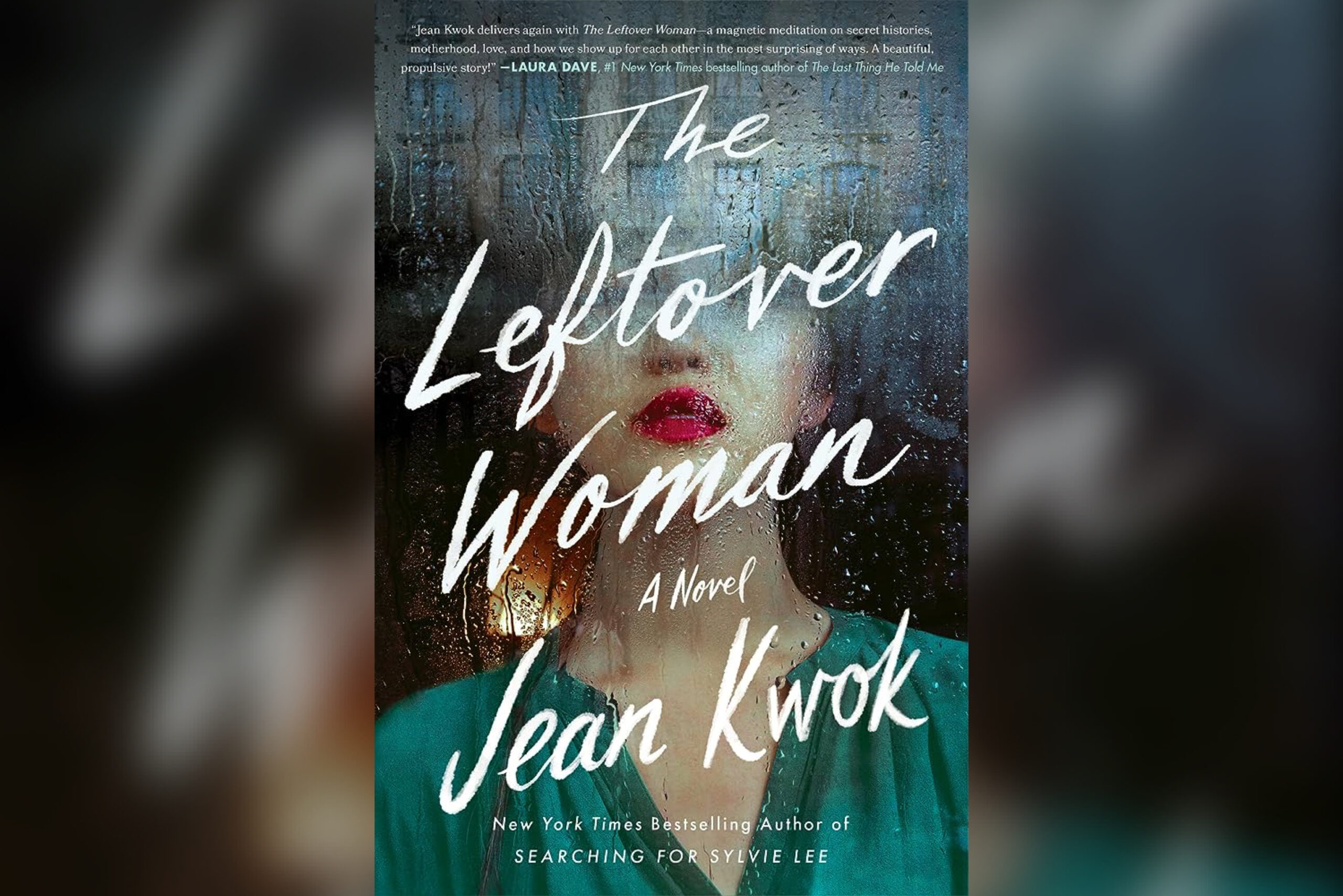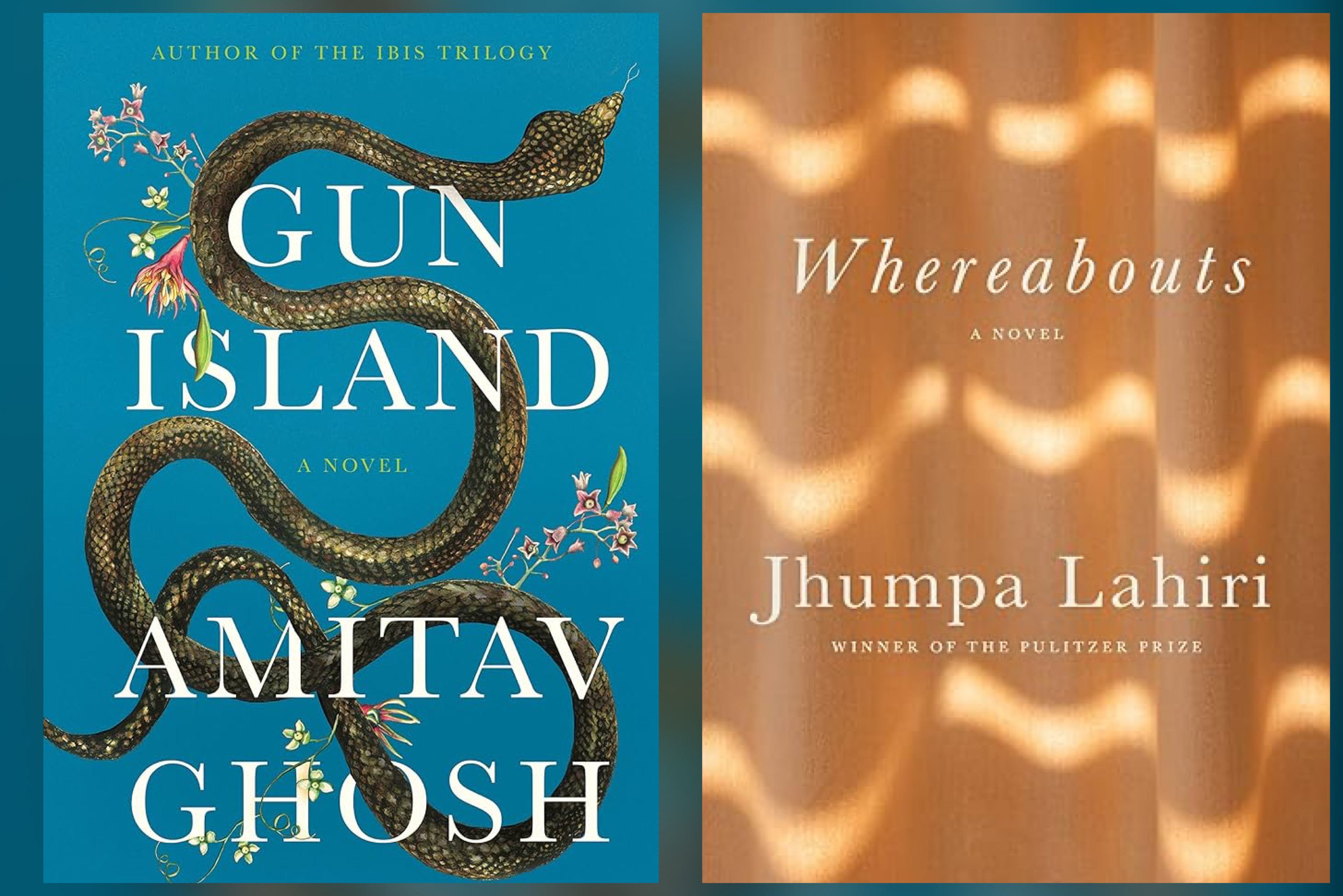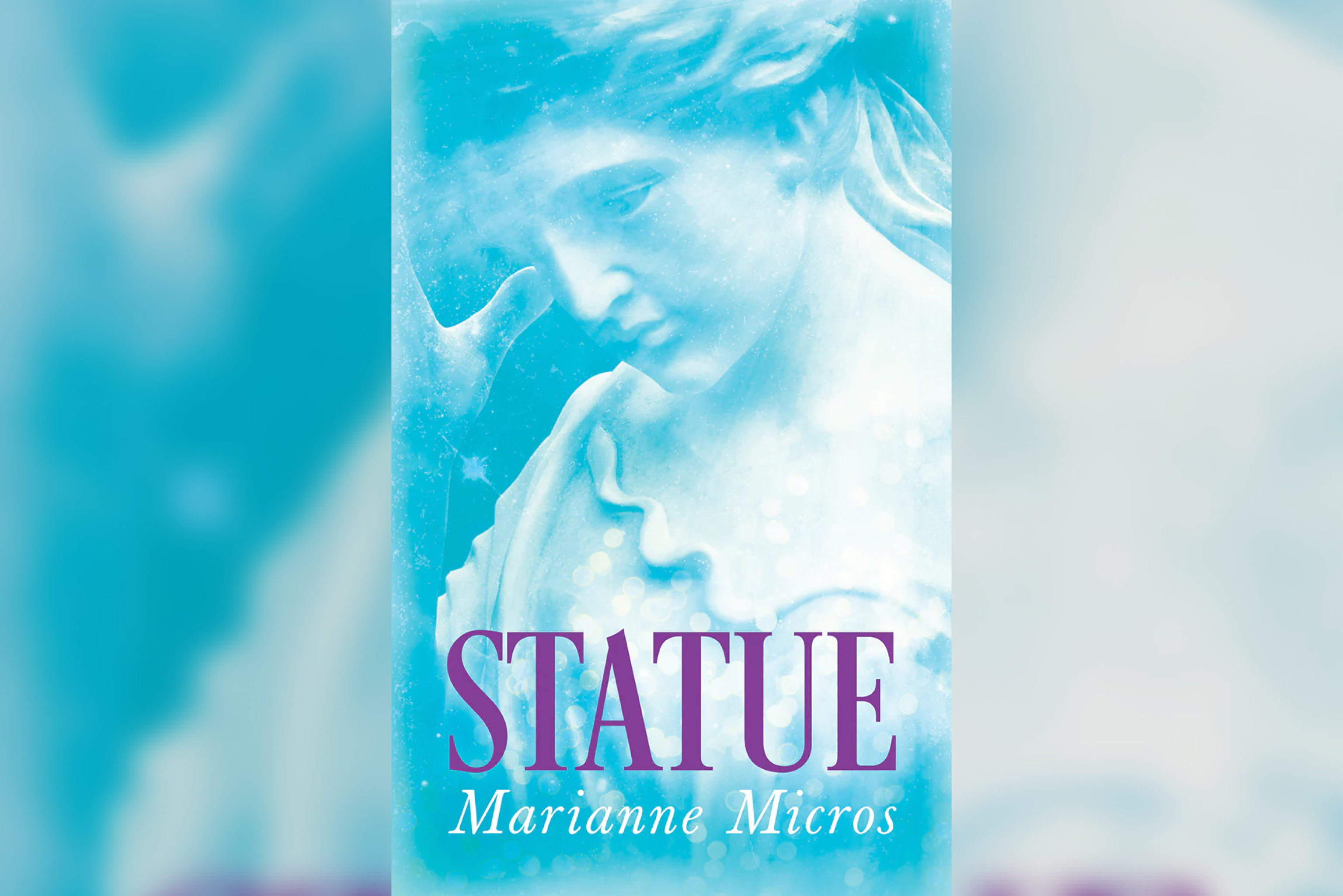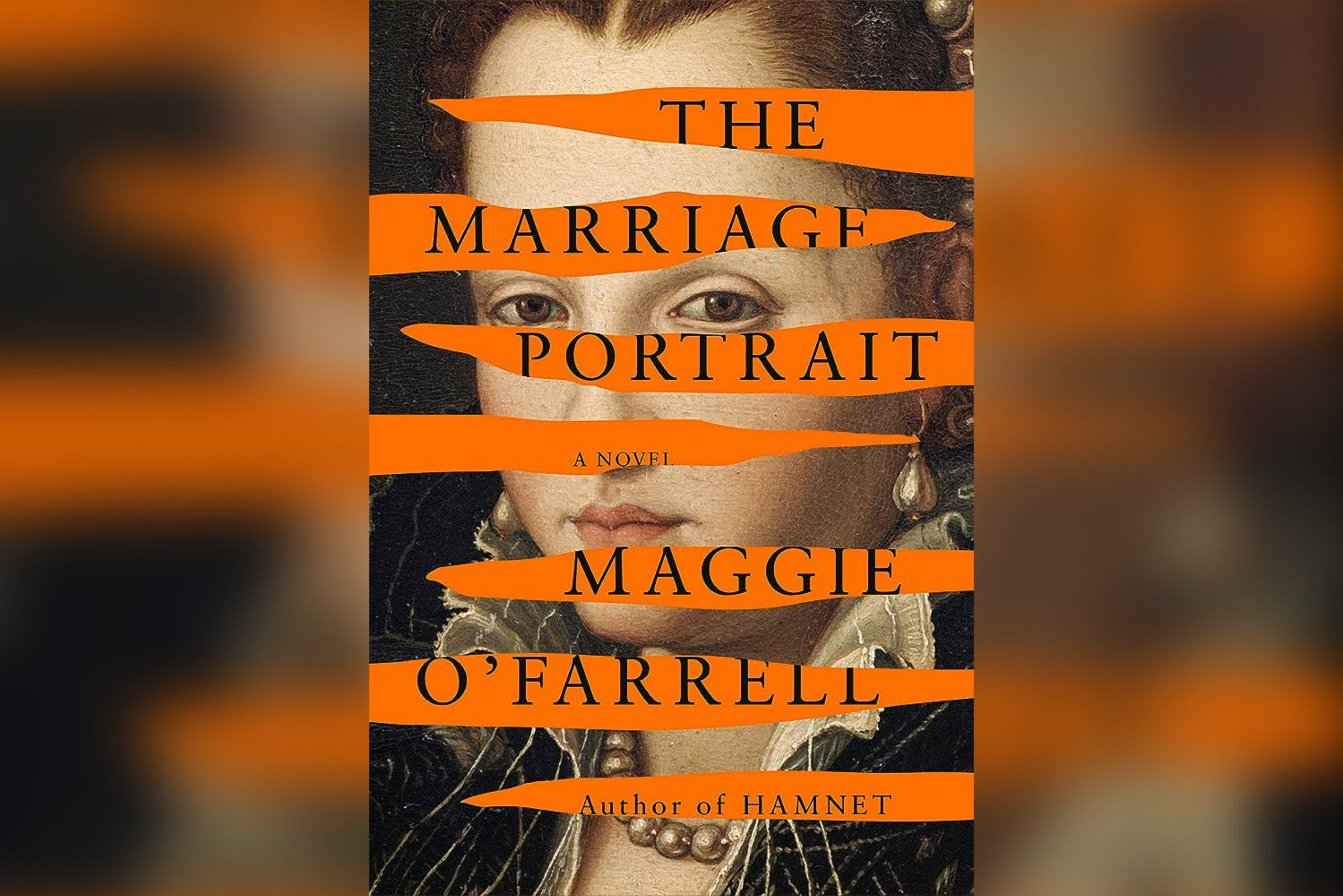
by Gene Case | Feb 13, 2024 | Culture, Opinions
Mortification is the defining emotion of my childhood. I don’t mean to say I was unhappy, but I think it’s true that the psychological impact of mortification (by which I mean a kind of lingering, self-inflicted embarrassment) is uniquely acute.

by Allison Zhao | Oct 10, 2023 | Literature, Opinions
The Leftover Woman embraces a range of topics with great emotional weight, including motherhood, adoption, abuse, and the hostility of the United States to undocumented immigrants, all of which together do make a reader truly hope for a kind resolution…

by Devarya Singhania | Oct 8, 2023 | Literature, Opinions
Even though Whereabouts validated my pessimism around the impact of these diasporas in recent works of Indian fiction, Ghosh’s Gun Island, in an intrinsically antonymous manner, enthralled me with adoration for works set in India.

by Kiana Sarmadi | Aug 10, 2023 | Fiction, Literature, Opinions
American literature is littered with writers aping Hemingway, but instead of creating a purposeful and precise piece, they compile a redundant series of descriptions and lifeless imagery that hardly achieve anything. Marianne Micros’ prose is not following in that tradition but despite the wealth of ideas, in its simplicity, it lacks personality or a distinct voice.

by Ryan Hamilton | Jul 25, 2023 | Literature, Opinions
Since the publication of her award-winning 2020 novel Hamnet, Northern Irish author Maggie O’Farrell’s next book has been eagerly awaited. The Marriage Portrait came out in August, was an instant New York Times bestseller, and was recently shortlisted for the 2023 Women’s Prize in fiction. However, I came away from The Marriage Portrait deeply dissatisfied. It is a beautifully written book, but many of the choices end up dramatically undercutting its own story and themes.

by Allison Zhao | May 16, 2023 | Fiction, Literature, Opinions
June Hayward wants what Athena Liu has: a spectacular, high-flying career as an author. Despite both women coming out of Yale and releasing their debuts at about the same time, June is bitterly aware of her relative obscurity. Athena dies in a sudden accident, leaving behind her manuscript of her next novel about Chinese workers who were exploited and maltreated during the British war effort in World War One. Even in its draft form, unseen by anybody else, it is a brilliant work. June takes Athena’s manuscript and reworks some of it before presenting it as her own, published under the name “Juniper Song.” Song is a legal middle name provided by her whimsical mother. If it conveniently also suggests a Chinese background that June doesn’t have, so be it. Athena’s wild level of success is suddenly in June’s hands. As Yellowface unfolds, June proves the extent to which she is willing to lie, threaten, and bully her way into holding onto that success.







